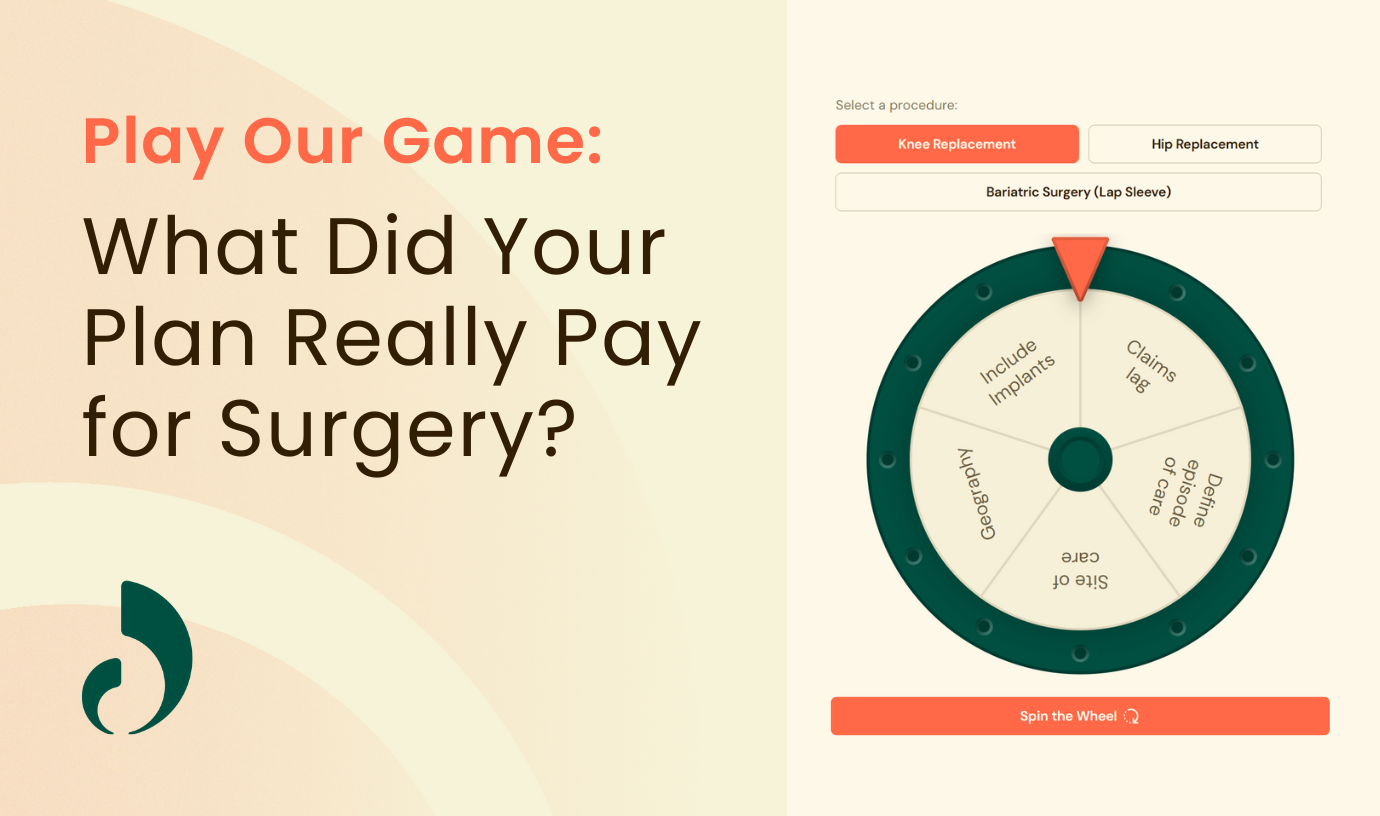Moving quickly after a cancer diagnosis can be the difference between stage 2 and 4, between a standard treatment plan and something more complex. It can even mean the difference between life and death.
A one-month delay in treatment can raise the risk of dying from cancer by up to 13%. The risk continues to increase the longer cancer remains untreated.
“Sometimes people say, we do this, but it’s not life or death. This can be,” said Matthew Harmon, a benefits leader at a major auto parts retailer. “Being able to act quickly can be the difference between stage 2 and 4, so survivable or not survivable.”
Harmon is the HR leader his coworkers come to after a cancer diagnosis. He knows firsthand the challenges these employees face—and the difference that getting the right care as soon as possible can make.
“There are several employees who have had cancer diagnoses that were acute, and it was clear that senior leadership was involved,” Harmon said. “I was asked to help them, and I have. But I can’t help all our employees who need to get in quickly and be connected with top people in every field or who need coordination of care.”
While Harmon was proactive in helping employees who needed cancer care quickly, he realized that he needed a partner to help him provide a high level of help and support to employees facing cancer.
Benefits leaders have a crucial role to play in helping employees access the right care quickly—but as Harmon learned, it’s challenging to do it alone. That’s where cancer care management programs come in.
What causes delays in cancer care?
A program that speeds access to cancer care management should help overcome these barriers to care access:
- Fear, anxiety and confusion
- Insurance delays
- Long wait times for appointments
- Misdiagnosis or treatment plans that aren’t based on best practices
How anxiety can lead to delays
For some patients, anxiety about the diagnosis can delay treatment. A recent qualitative research study found that anxiety surrounding diagnosis and treatment can lead to the patient delaying treatment. The study also identified anxiety around long waits for appointments as a health threat.
Having a supportive, knowledgeable guide can make a difference. Seasoned nurses who can answer questions and offer advice can help patients ease their anxiety and feel confident moving forward on their treatment journey.
“We like to be your person,” said Emily Wentz, RN, BSN, CCM, OCN, Director of Case Management for Cancer Care Direct. “We want to be your source for everything… We want to be there to answer their questions from start to finish.”
Navigating insurance to speed access to care
In other cases, insurance issues get in the way. That’s what happened to Donna V.
Claudia McClanahan, RN, BSN, OCN, Oncology Case Management for Cancer Care Direct, understands how vital getting timely care is for cancer patients, so when Donna V. had difficulties getting the care she needed approved, McClanahan stepped in to help.
“She needed two medications. One was approved, one was denied, so that was a serious delay of treatment,” McClanahan said. “She’s a 40-year-old woman with stage 4 liver cancer, so even a week can seem like forever when you have such a scary diagnosis.”
McClanahan collaborated with the administrator managing Donna’s pre-approval and got her approved. From there, Donna was able to start treatments. Her cancer is showing signs of improvement, and Donna said McClanahan has been there with her at every step.
Helping employees get in the door
The waits for appointments to begin treatment can be long, too. So long, in fact, that waits to get in to see a doctor can lead to delays in care.
“It takes time to get appointments at some of these centers, particularly the large national centers,” said Nicki MacManus, SVP and General Manager, Cancer Care Direct. “That’s why we have point people at these locations to get individuals in there quickly. We can get approvals behind the scenes.”
Getting care soon after a diagnosis is a concern for a growing number of Americans. More than 2 million Americans were diagnosed with cancer in 2023. And that demographic is getting younger.
An increasing number of new cancer cases are being diagnosed in people under 50, according to Cancer Statistics, 2024, a report released by the American Cancer Society. Researchers aren’t sure why it’s happening.
“We’re seeing so much more prevalence of lung cancer, for example, with patients who are not smokers, colon cancer, really aggressive cancers and younger patients,” McManus said.
With more cases and the need to speed care, giving your employees access to a program with strong connections at cancer centers can help them get the care they need on a faster timeline.
“We pride ourselves on having a way to get patients to appointments as quickly as possible at high-quality locations. Our Accelerated Access Network is a group of providers or health systems where we can get patients to appointments quickly, both nationally and in the community,” McManus said.
Getting the right diagnosis and treatment
Fast care is part of the equation, but finding the right care is also vital. Incorrect diagnoses or treatment plans that don’t meet evidence-based standards are barriers to patients getting the right care.
“When we review treatment plans, we want to be sure patients are receiving evidence-based treatment,” Wentz said. “We use the National Comprehensive Cancer Network guidelines. Oncologists around the country utilize this as the evidence-based best practice for each diagnosis and stage. That’s what we strongly believe patients should be treated on.”
Misdiagnosis is more common than many people think, too. Research suggests that the 5 most common cancer types are misdiagnosed 11% of the time, leading to delays in treatment or ineffective treatment. That’s why having a second set of experts review treatment plans and diagnoses can help save lives.
We’re here to help
Experience and expertise are key when it comes to helping employees access the best cancer care as quickly as possible.
Learn more about helping your employees access excellent cancer care quickly. Cancer Care Direct is ready to work with you. Reach out to our team today.




